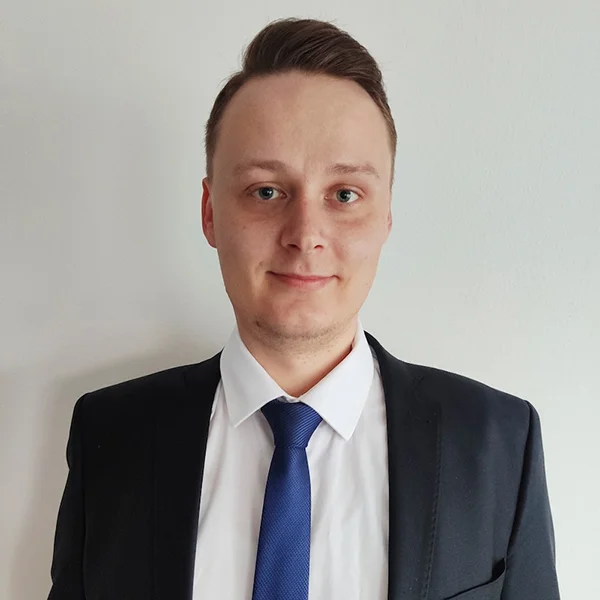The profile of the graduate of the study programme International Economic Relations in the third level of study is determined by the interdisciplinary critical evaluation of the economic, political, social, and legal contexts of the actors‘ development in the world economic environment and their interaction. The first students of the full-time and part-time doctoral study programs defended their dissertations and obtained the title of PhD (Doctor of Philosophy) in 2004.
The graduates meet the following qualification characteristics:
- They are equipped with fundamental theoretical knowledge corresponding to international criteria, enabling them to find employment in national and international companies that require a comprehensively prepared expert in the field of international economic relations, capable of solving complex practical tasks and appropriate theoretical tasks.
- They are broadly prepared highly qualified professional who can address complex practical and theoretical problems in the given field. Graduates find employment as scientific research personnel in research institutions, as educational professionals in academic environments, as managerial professionals in national and international institutions focused on the development of international cooperation and international economic and political integration at the higher management level.
- They understand global connections that impact the development of individual national economies, as well as the world economy and the global community as a whole, and navigates through them, while being able to predict possible future developments based on scientific analysis.
- They find employment in national companies at the central authority level, in highly specialized media, in national central institutions, in European Union institutions, and other regional or global institutions.
- They have acquired modern methods of scientific research and are capable of exploring a wide range of problems and proposing ways to address them.
Brief overview
The university's extensive international ties allow students to attend courses taught by experts from leading universities around the world in addition to internationally recognized local university teachers. Students devote themselves independently to the original research program, which is closely supervised and led by faculty members. In this regard, they cooperate mainly with their supervisor. Regular doctoral research seminars, and other academic activities contribute to their own development towards a personality who can take responsibility for conducting research in a given scientific or professional field, present research results to the international professional community, and contribute to the development of the society in the context of scientific and technical progress.
The study program is conducted in English.
Based on the data, the interdisciplinary nature of the study program International Economic Relations creates opportunities for its graduates to be employed in various fields. They work in positions as scientific and educational personnel at universities, academic officials, in scientific and research institutions, and hold managerial positions in third-sector organizations. Furthermore, they serve in expert, managerial, and administrative roles in ministries, the Office of the President of the Slovak Republic, European and international institutions, work as advisors and diplomats at embassies. Lastly, they take on managerial positions in the business sector.
The professions for which the graduate is prepared at the time of completion and the potential of the study programme from the point of view of graduate's employability
- Diplomat, consul
- Head of the diplomatic mission
- Executive of the parliamentary and governmental agenda
- Specialist in the field of parliamentary and governmental agenda
- Executive in international relations
- Protocol specialist
- Foreign trade policy specialist
- Economic analyst, forecaster
- University assistant professor
- Research and development manager
- Executive of a research institution
More info about the study programme are available here.
